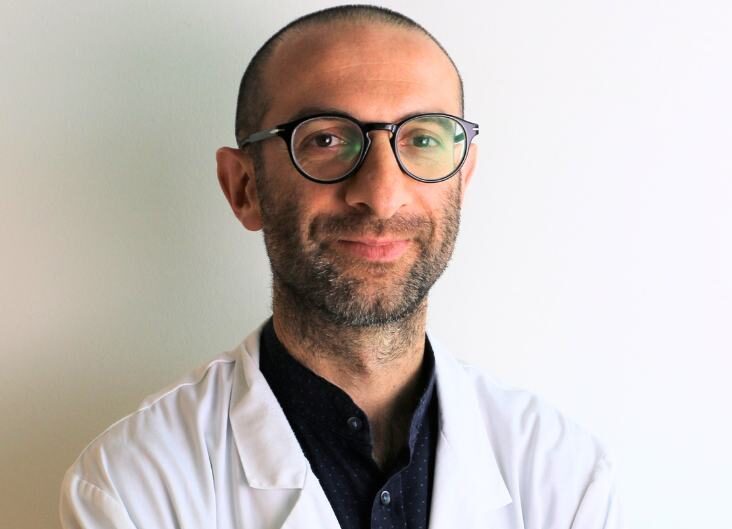Some mouth lesions, known as oral potentially malignant disorders (OPMDs), carry a significant risk of becoming cancerous – ranging from 1% to nearly 50%. Even after surgical removal, many of these lesions can still progress to cancer. Dr. Paolo Bossi and colleagues will test a new immunotherapy-based approach to stop that transformation before it happens.
The APHRODITE Trial focuses on mitazalimab, an immune-stimulating, “orphan” drug that activates a pathway called CD40, which plays a key role in immune surveillance and tumor prevention. In this phase II trial, patients with high-risk OPMDs will receive mitazalimab over an eight-week period. After six months, the team will assess whether the treatment reduced or eliminated abnormal tissue and evaluate its safety, impact on cancer risk, and effects on quality of life.
The study will also analyze blood, tissue, and saliva samples to understand how the immune system and microbiome respond to treatment, insights that could help identify which patients are most likely to benefit. If successful, this approach could offer a less invasive, immunotherapy-based alternative to surgery and transform care for patients with pre-cancerous oral lesions.
In addition to IRCCS Humanitas Research Hospital, clinical trial sites include ASST Santi Paolo e Carlo, European Institute of Oncology, ASST Sette Laghi, ASST Lariana, Federico II University,
and the University of Bologna.
Projects and Grants
Immunotherapy for the prevention of high-risk oral disorders malignant transformation – The APHRODITE Trial
Co-Investigators
- Luigi Lorini, MD
- Enrico Lugli, PhD
- Giuseppe Mercante, MD
- Alberto Paderno, MD, PhD
- Maria Rescigno, PhD

